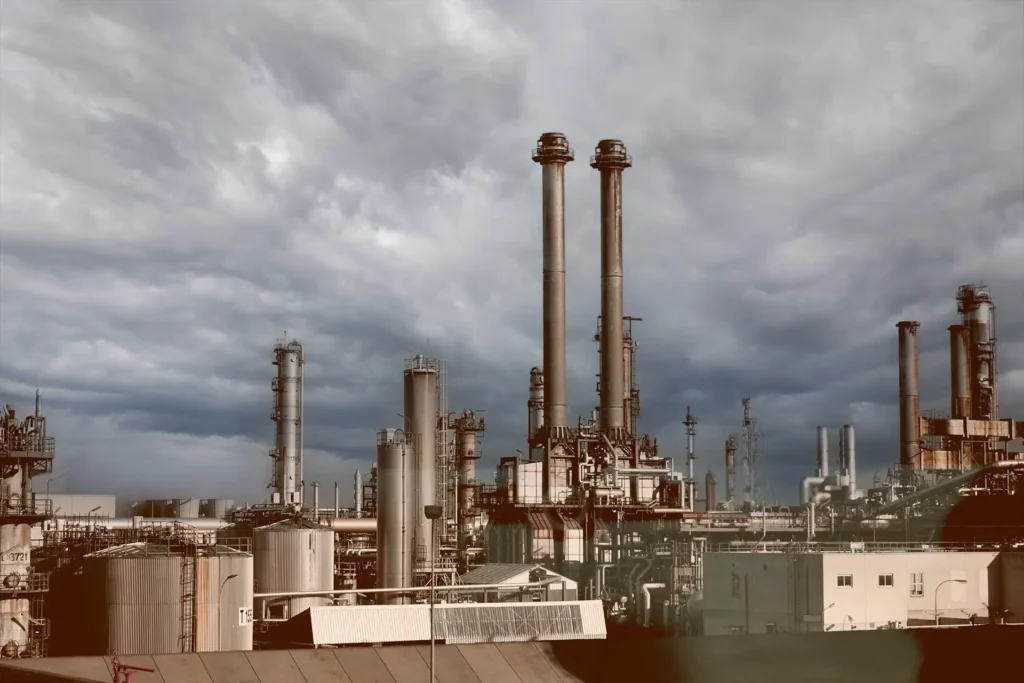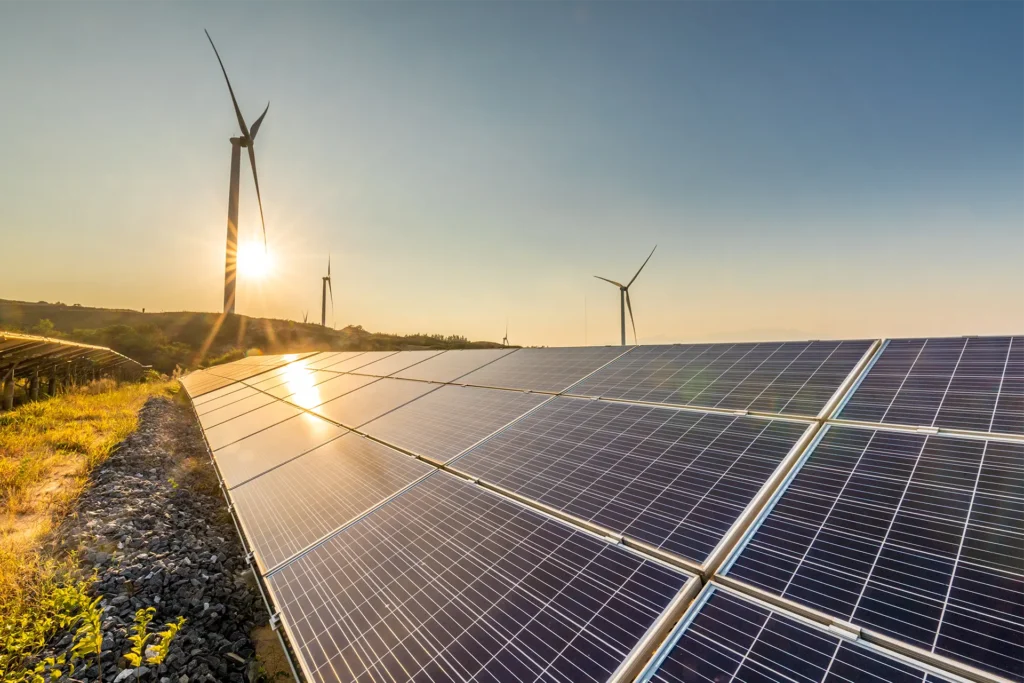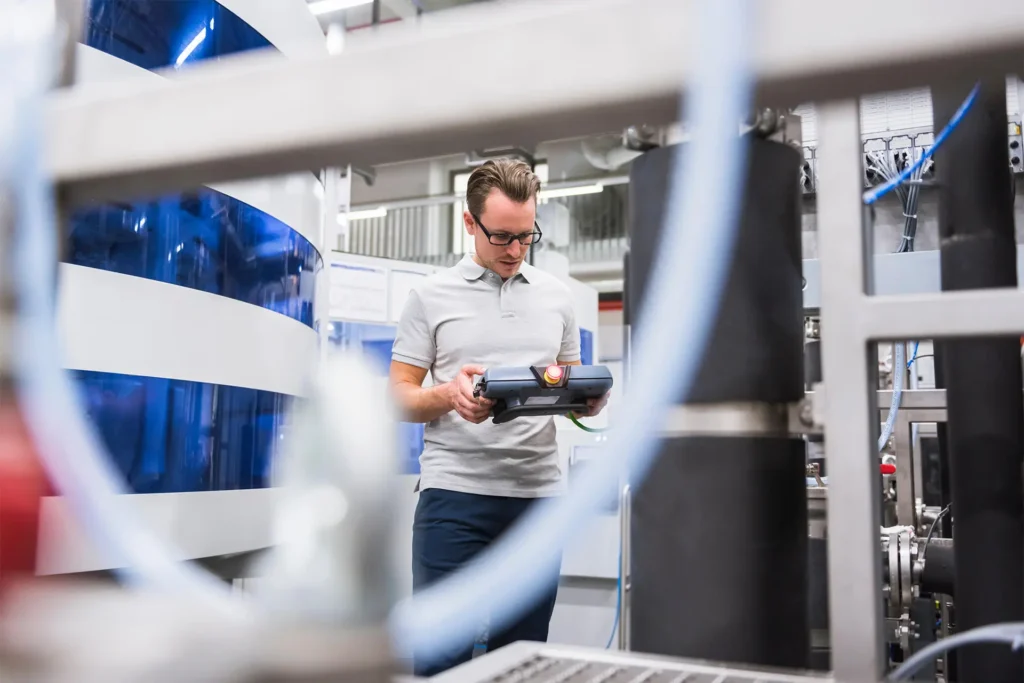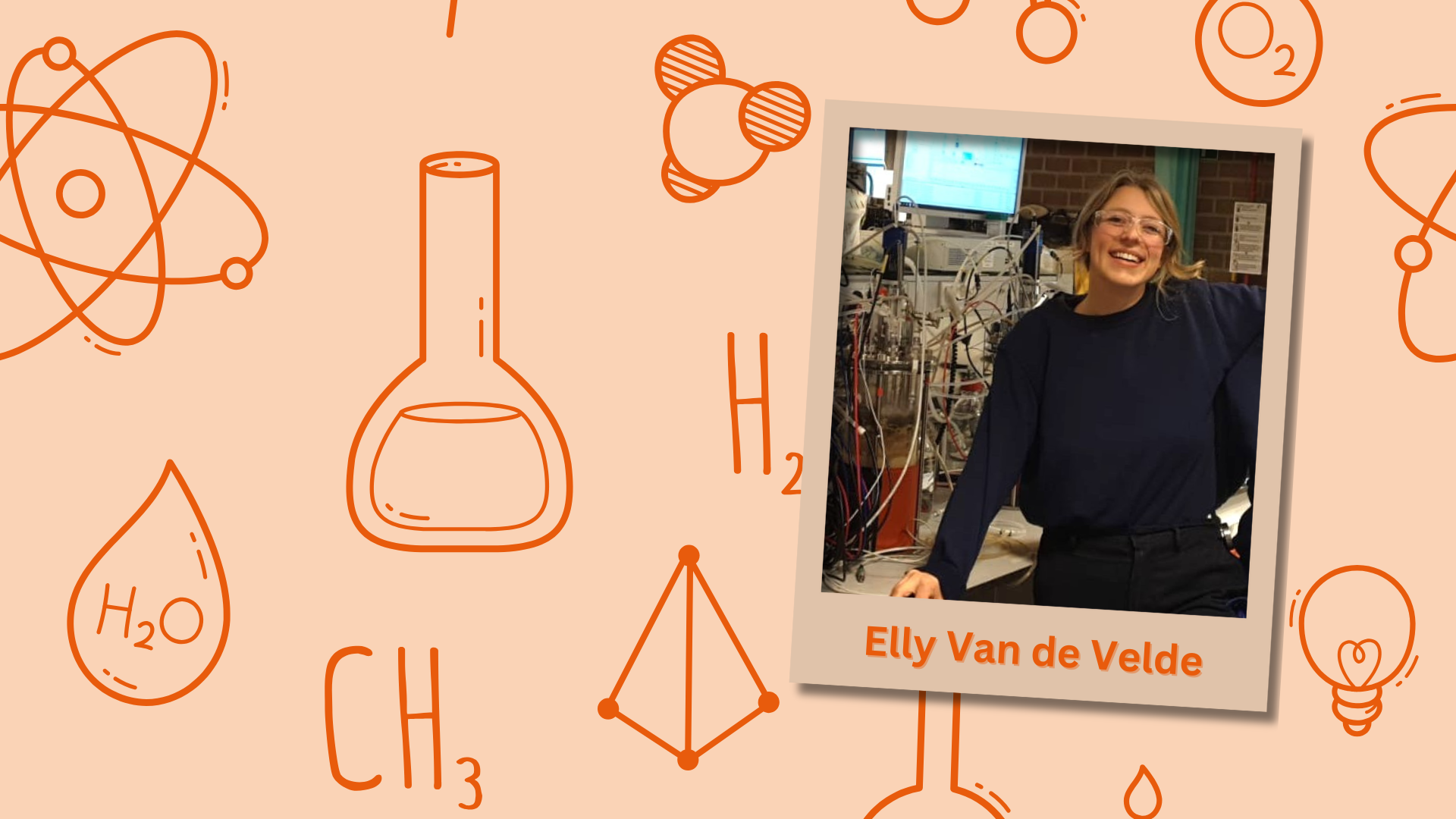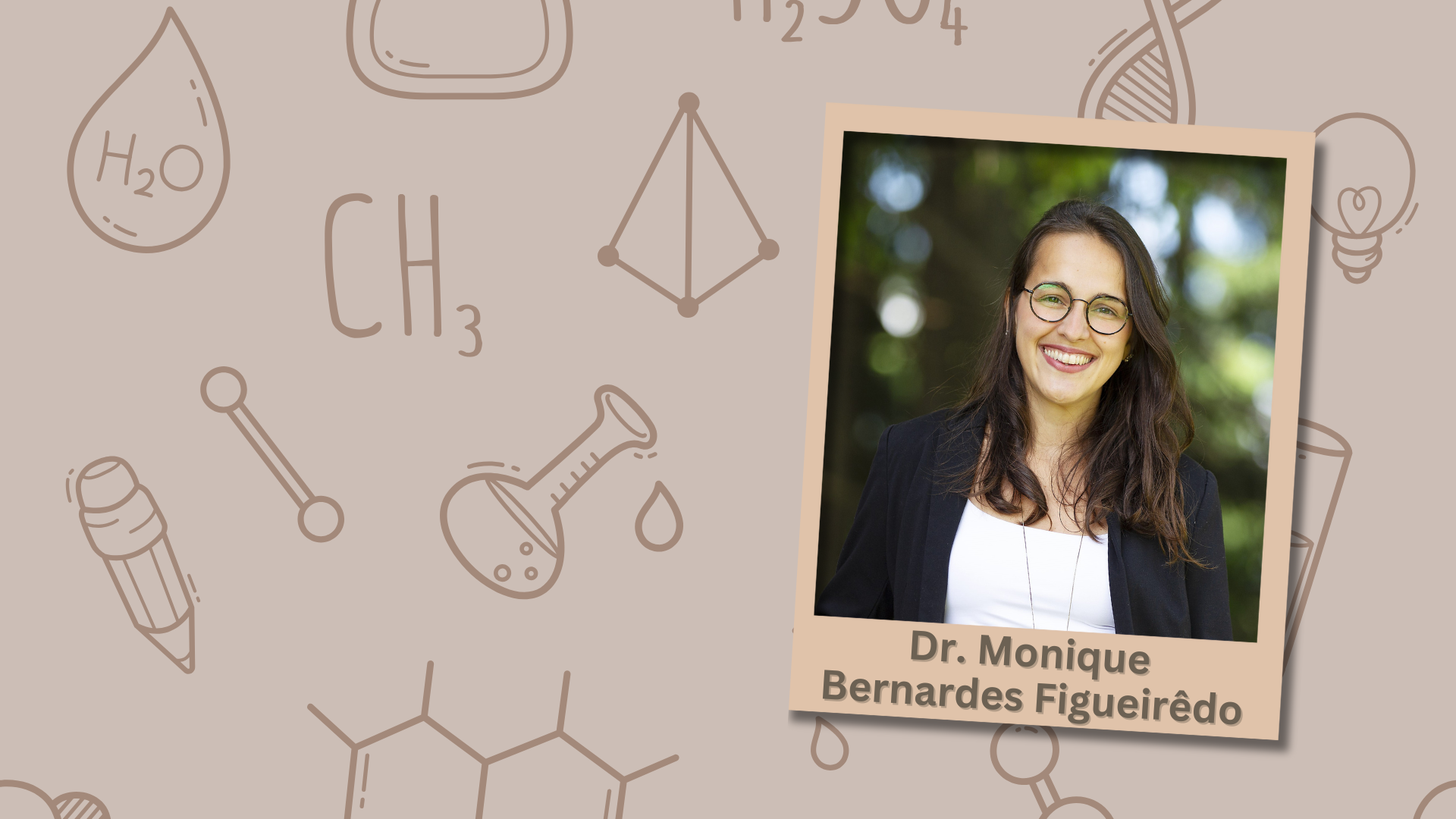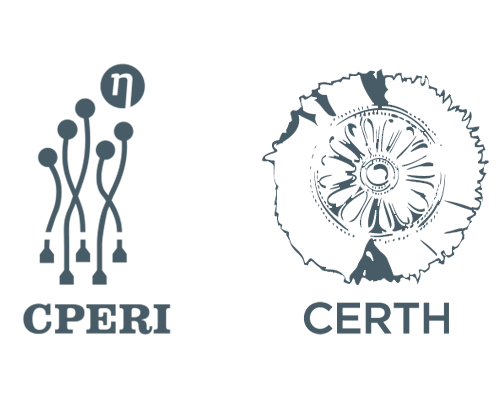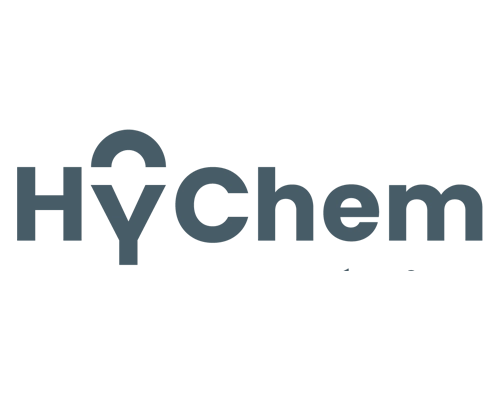Energy intensive industries will need to meet new technologies and strategies to adapt to carbon-neutrality goals. The EU funded project CAPTUS will investigate carbon capture technologies and strategies to help energy intensive industries to offset energy costs. The key approach of the project is to leverage peaks in the renewable energy supply for carbon capture and to use that captured carbon to make different liquid energy carriers which are feedstocks for renewable fuels and chemicals.
The project partners from Belgium, Germany, Greece, Italy, Netherlands, Norway, Portugal and Spain are coordinated by the CIRCE Technology Centre. Together, they will build and test pilot installations at three different plants – a cement, chemical and steel plant – serving as representatives for typical energy intensive industries. Apart from adapting carbon capture technologies to the specific conditions found in the flue gas of these plants, the project partners will validate the different energy carriers produced, optimize key steps through simulations and modelling as well as set up business models for future replication.
Key numbers
18 Partners
8 Countries: Belgium, Germany, Greece, Italy, Netherlands, Norway, Portugal, Spain
Industries:
Cement, Steel, Chemical
48 Months – June 2023 until May 2027
10 Million Euros
Latest news
-
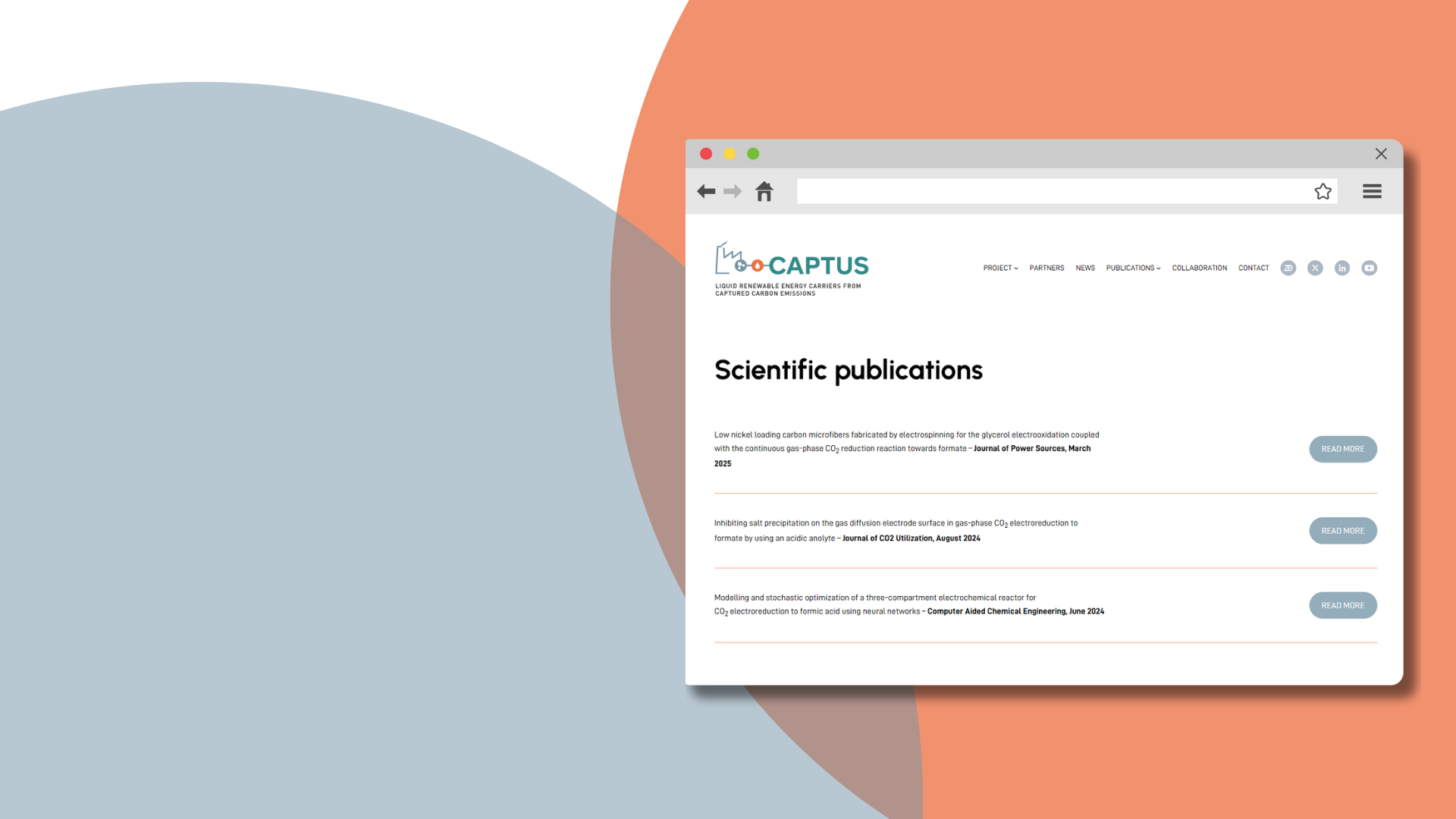
In the context of the CAPTUS project, a new scientific paper about “Advances in the development of innovative Bi-Sn-Sb-based Gas Diffusion Electrodes for continuous CO2 electroreduction to formate” written by the partner Universidad de Cantabria (UNICAN)… Read More
